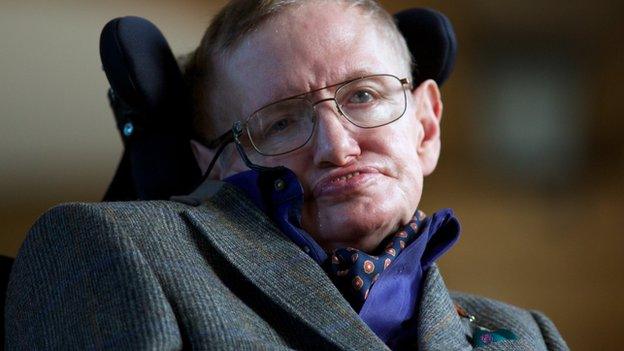Facebook to open AI lab in Paris
- Published

Increasingly, technology companies are investing in AI research
Facebook is to expand its artificial intelligence research, opening its first lab outside the US, in Paris.
The team will work on "ambitious long-term projects", including natural-language processing and speech and image recognition.
Facebook's chief technology officer Mike Schorepfer said the threat of AI had been "overblown" in recent months.
Yann LeCun, who heads up Facebook's AI research, added that "we have nothing to worry about" in the near future.
"We have a long way to go to make machines as intelligent as we'd like them to be, and there are technical hurdles that we don't yet know how to solve," he told the BBC.
"Human-level AI is very far down the line - it will be several decades."
That gave the AI community and industry plenty of time "to talk about the ethics", he added.
'Encouraging progress'
Facebook, along with Google, IBM, Microsoft and other technology companies, are increasingly taking an interest in artificial intelligence, which for decades was the preserve of academia.
Mr Schroepfer said the work being done in industry "complemented" that being done in academic research.
All Facebook's AI research was openly published to allow others to benefit, he added.
"Our work in AI research is still relatively early. But we've built a terrific team and have already made some encouraging progress, and we're excited to see where this work takes us and what it will allow us to build for the people we serve," Facebook said in its blog to announce the new lab.
AI is one of three pillars of investment for the company - the others being virtual reality and connectivity.
Initially six research scientists will be based in the Paris lab, growing to 12 by the end of the year.
Paris had been chosen for the first non-US laboratory because of its high concentration of AI researchers, Mr LeCun told the BBC.
Facebook's US lab opened in December 2013. It now employs more than 40 researchers drawn from academia and industry.
- Published13 February 2014

- Published6 May 2015
- Published2 December 2014
